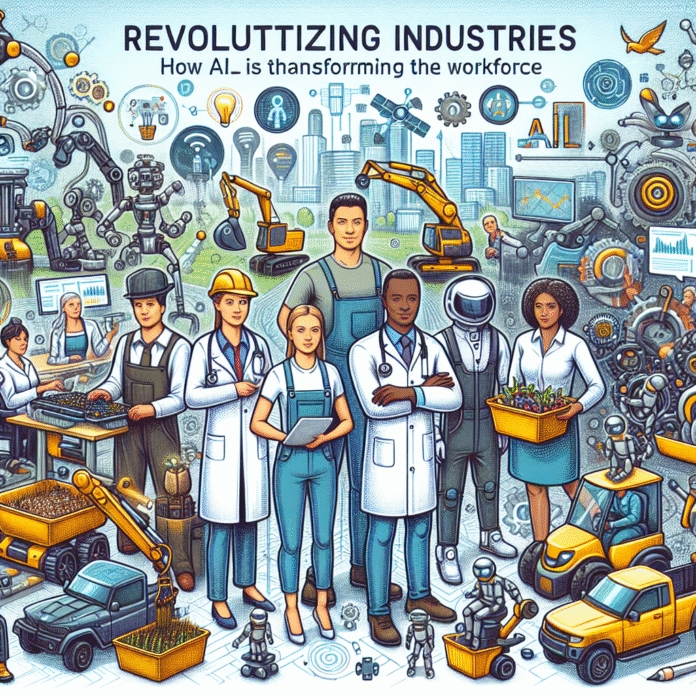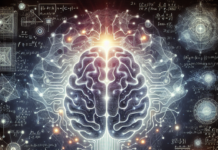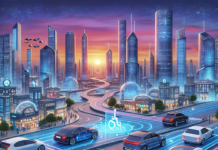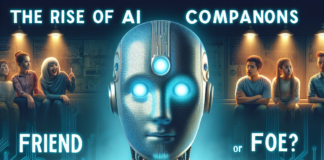Revolutionizing Industries: How AI is Transforming the Workforce
Introduction
Artificial Intelligence (AI) is no longer a distant concept confined to the realms of science fiction. Today, it is a transformative force that is reshaping industries across the globe. From healthcare to finance, AI is streamlining processes, enhancing productivity, and changing the way we work.
The Impact of AI on Various Industries
AI technology is enabling businesses to improve efficiency and decision-making through various applications:
-
- Healthcare: AI algorithms are aiding in diagnostics, patient care, and personalized medicine, allowing for better outcomes.
-
- Finance: AI-driven analytics are enhancing risk management, fraud detection, and customer service, leading to more secure transactions.
-
- Manufacturing: AI-powered robots are optimizing production lines, reducing downtime, and maintaining quality control.
-
- Retail: AI is revolutionizing supply chain management and customer experience through personalized shopping experiences and inventory optimization.
Challenges and Opportunities
While the benefits of AI are clear, the transformation it brings comes with challenges:
-
- Job Displacement: Automation may lead to job losses in certain sectors, sparking concerns about unemployment.
-
- Skill Gaps: The demand for skilled workers proficient in AI technologies is increasing, highlighting the need for education and ongoing training.
-
- Ethical Considerations: As AI becomes more integrated into decision-making processes, issues of bias, transparency, and accountability need to be addressed.
Preparing for an AI-Driven Workforce
To thrive in an AI-enhanced world, both workers and organizations need to adapt:
-
- Reskilling and Upskilling: Employees should seek continuous learning opportunities to stay relevant.
-
- Embracing Collaboration: Human workers and AI systems will increasingly work together, making adaptability crucial.
-
- Ethical AI Development: Companies must prioritize ethical practices in AI deployment to build trust and mitigate risks.
Automation and Efficiency
One of the most visible impacts of AI is automation. Repetitive tasks that once required significant human effort are now being handled by AI-powered systems. In industries such as manufacturing, logistics, and customer service, AI tools streamline operations, reduce errors, and increase efficiency. For example, chatbots and virtual assistants are revolutionizing customer support by providing instant responses, while robotic process automation (RPA) is optimizing back-office functions.
Enhanced Decision-Making
AI’s ability to analyze massive amounts of data in real-time is empowering businesses to make smarter decisions. In sectors like finance, healthcare, and retail, predictive analytics help companies anticipate trends, minimize risks, and personalize services. Doctors are using AI-powered diagnostic tools to improve patient outcomes, while retailers leverage AI to forecast demand and manage supply chains more effectively.
New Roles and Opportunities
While AI is automating certain tasks, it is also creating entirely new job roles. Positions such as AI ethicists, machine learning engineers, and data analysts are in high demand. The workforce is shifting toward jobs that require critical thinking, creativity, and emotional intelligence—areas where humans excel and machines cannot fully replicate. Rather than replacing workers, AI is augmenting human capabilities, encouraging collaboration between people and technology.
Upskilling and Reskilling
The rise of AI highlights the importance of continuous learning. Organizations are investing heavily in upskilling and reskilling their employees to adapt to this technological shift. Workers are increasingly expected to understand digital tools, data literacy, and AI applications relevant to their fields. This ongoing transformation is fostering a culture of lifelong learning and adaptability across industries.
Ethical and Social Considerations
As AI continues to grow, questions about ethics, bias, and job displacement remain central. Businesses and policymakers are working to ensure that AI is deployed responsibly, balancing efficiency with fairness and transparency. Ensuring ethical AI practices not only protects workers but also builds trust among consumers and society at large.
The Future of Work
AI is not simply changing how industries function—it is redefining the very nature of work. The future workforce will likely consist of a hybrid model where humans and machines collaborate seamlessly. Those industries that embrace AI as a partner rather than a threat will be best positioned to thrive in this evolving landscape.







